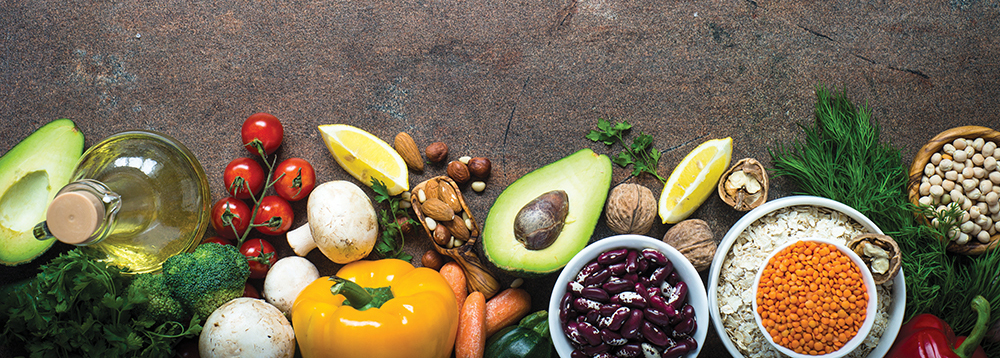Submitted by Oak Street Health
Diabetes management can be supported with a balanced diet of nutrient-rich foods. By incorporating these foods into your diet and avoiding those that will spike your levels, you can reduce the risk of complications caused by diabetes. To help support healthy blood glucose levels, consider the following food tips:
1. Prioritize Vitamins, Fiber, and Mineral-rich Foods Like Fish
Consuming foods rich in vitamins, minerals, and fiber helps to support your digestive system. There is little science supporting the need for supplements, so it’s recommended to focus on foods as your main source of nutrients.
2. Eat More Fruit and Vegetables During Meals and Snacks
While fruit does contain natural sugar, it also provides plenty of fiber, vitamins, and minerals. Vegetables are naturally high in fiber, which helps to control glucose levels. Reaching for a plate of fruits and vegetables between meals will provide a balance of nutrition and help prevent spikes in glucose throughout the day.
3. Choose Healthier Carbohydrates Like Whole Grains and Brown Rice
Whole grains are beneficial when managing diabetes because healthy carbohydrates containing fiber help to support a healthy digestive system—which results in lower cholesterol and regular blood glucose levels. Whole grains, brown rice, nuts, seeds, oats, fruits, and vegetables are some examples of healthy carbohydrates.
4. Opt for Healthier Fats Like Nuts, Seeds, Avocados, and Olive Oil
Saturated fats found in red meat, butter, cheese, lard, and baked goods increase cholesterol levels in the blood. Unsaturated fats and polyunsaturated fats are beneficial alternatives that help to provide sufficient energy for the day. While it’s recommended to limit fat intake, moderate amounts of oil, nuts, and seeds help to support a strong heart.
5. Limit Red Meat and Avoid Processed Food
Red meat can be a good source of protein, iron, zinc, and B12, but it should still be consumed in limited amounts. Processed meats like bacon, ham, salami, and hot dogs have been linked to cancer-causing agents likely because of the chemicals used while processing the product. When consuming red meat, prioritize options that are unprocessed or consider swapping out for white meat instead. Healthier alternatives include chicken, fish, and turkey.
6. Limit Sugary Foods and Drinks
While fruit juices, smoothies, and other drinks may sound like a healthy option, they’re often made with added sugars. Instead, reach for juices with no added sugar or homemade smoothies so you can manage the ingredients. For a soda alternative, consider sparkling flavored waters.
7. Limit Alcohol Consumption
Frequently drinking alcohol is not recommended for people with diabetes. Never drink alcohol on an empty stomach, especially if you’re taking diabetes medication. It’s recommended to limit alcoholic beverages to a few drinks per week.
Living with diabetes shouldn’t limit your life. If you’re having trouble planning the best routine for your daily life, consult your primary care provider who will help find a personalized approach that works for you.
Oak Street Health primary care providers are specialized in caring for Medicare beneficiaries with a preventative care focus that strives to keep you healthy. To learn more, go to oakstreethealth.com. Or, visit your local Oak Street Health clinic at 801 West Lake Avenue, Suite 200 in Peoria.
For additional informative and inspirational articles, visit 50 Plus News and Views Greater Peoria Area online edition today.










